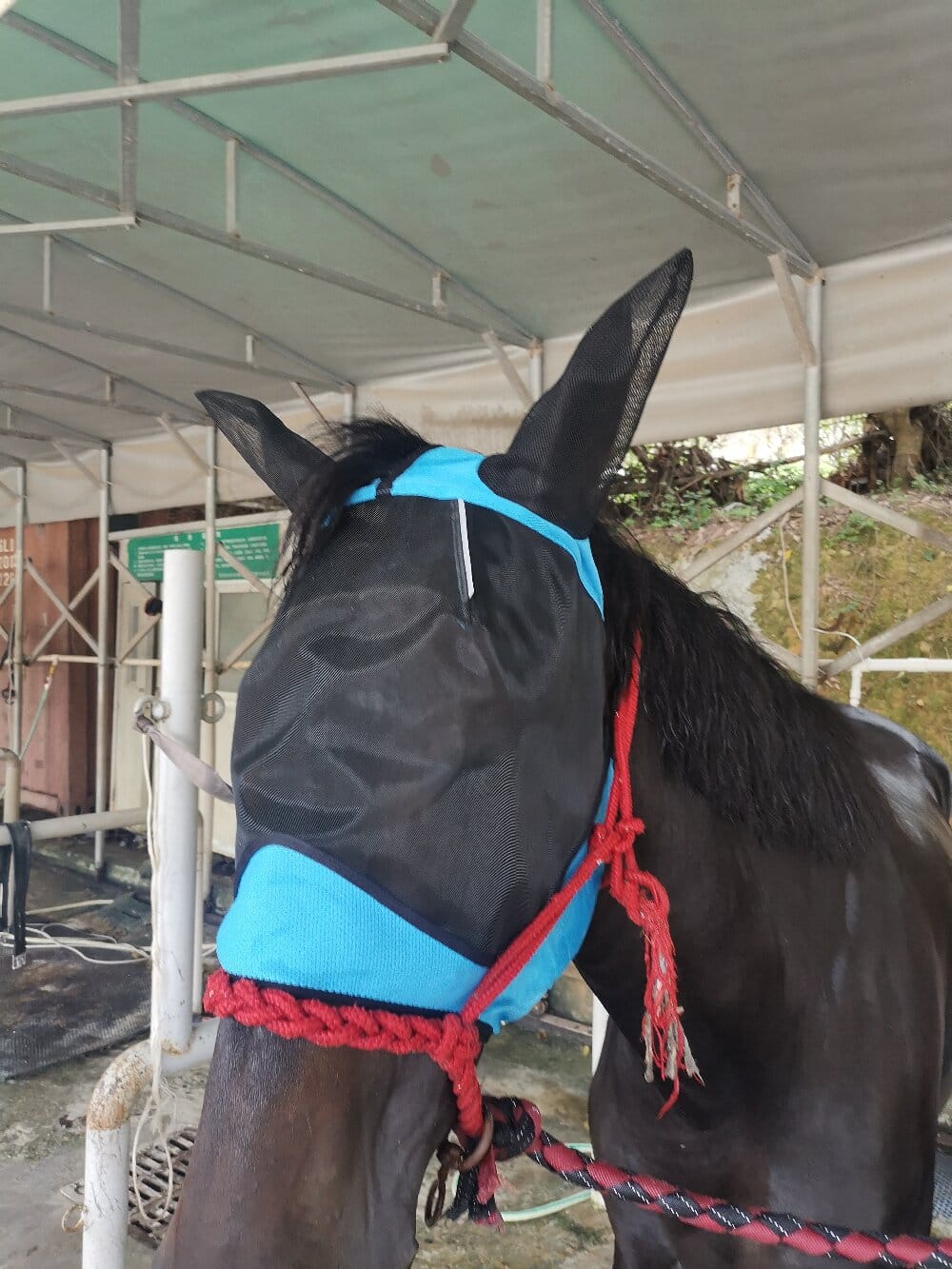A horse fly mask is an essential piece of equine gear designed to protect horses from irritating and potentially harmful insects. Whether you own a competition horse, a trail companion, or a pasture pet, fly masks play a crucial role in maintaining your horse’s comfort and health. Experts agree that these protective coverings not only shield the eyes and face from flies but also reduce stress, prevent infections, and improve overall well-being.
The Science Behind Fly Protection
Flies and other biting insects are more than just a nuisance—they can transmit diseases, cause allergic reactions, and lead to painful skin conditions. A well-fitted horse fly mask acts as a physical barrier, preventing pests from reaching sensitive areas like the eyes, ears, and muzzle. Veterinarians emphasize that consistent use of fly masks can significantly lower the risk of conjunctivitis, summer sores, and other fly-borne ailments.
Types of Horse Fly Masks: Which One Is Right for Your Equine?
Not all fly masks are created equal. Here’s a breakdown of the most common types:
- Standard Fly Masks: Cover the eyes and sometimes the ears, made from lightweight mesh.
- Full-Face Fly Masks: Extend protection to the muzzle, ideal for horses prone to insect bites on the nose.
- UV-Protective Masks: Offer sun protection in addition to insect defense, perfect for light-sensitive horses.
- Earless Designs: Best for horses that dislike ear coverage but still need eye protection.
Expert Tips for Choosing and Using a Fly Mask
Equine specialists recommend considering the following when selecting a horse fly mask:
- Fit: Ensure the mask is snug but not tight, with no rubbing or gaps.
- Material: Opt for breathable, durable fabrics that withstand outdoor conditions.
- Visibility: Choose masks with clear eye panels to avoid obstructing vision.
- Maintenance: Regularly clean the mask to prevent dirt buildup and check for wear and tear.
Common Misconceptions About Fly Masks
Some horse owners hesitate to use fly masks due to myths or misunderstandings. Let’s debunk a few:
- “My horse doesn’t need one.” Even calm horses can suffer from fly irritation, leading to stress and infections.
- “They’re uncomfortable.” Modern designs prioritize comfort, and most horses adapt quickly.
- “Only for summer use.” In warmer climates, flies can be a year-round problem.
The Economic and Ethical Benefits of Fly Masks
Beyond comfort, investing in a horse fly mask can save money on vet bills by preventing fly-related health issues. Ethically, it aligns with responsible horse care, ensuring animals are free from unnecessary suffering caused by pests.
Conclusion: A Small Investment for Big Rewards
A horse fly mask is a simple yet highly effective tool for safeguarding your horse’s health and happiness. With options to suit every need and expert-backed advice on selection and use, there’s no reason to skip this essential piece of equine gear. By prioritizing fly protection, you’re not just keeping pests at bay—you’re fostering a happier, healthier horse.

